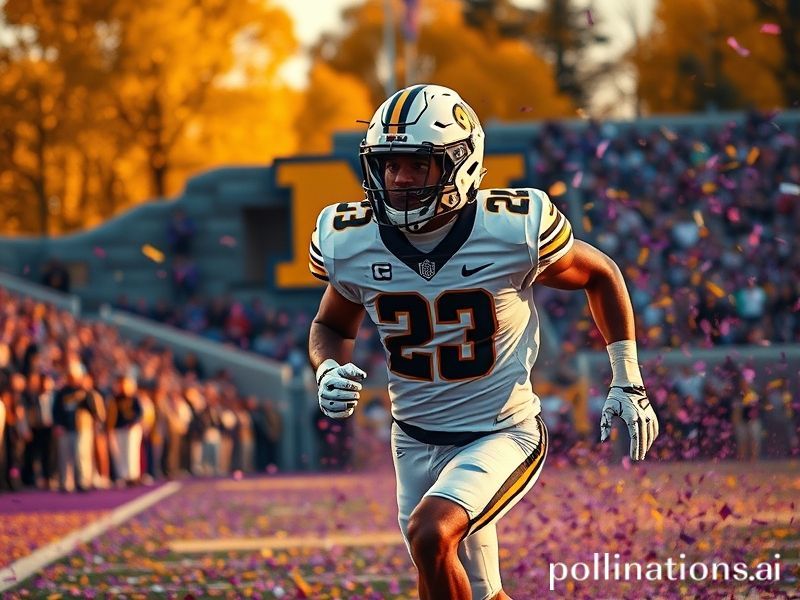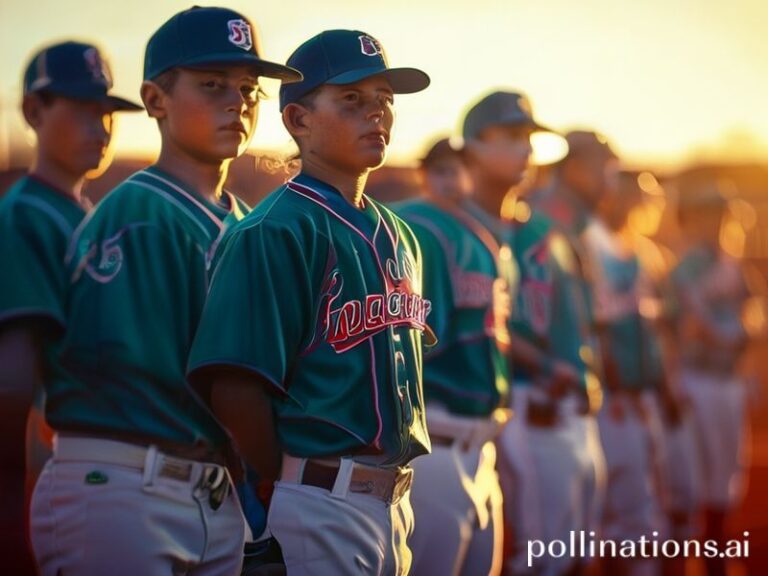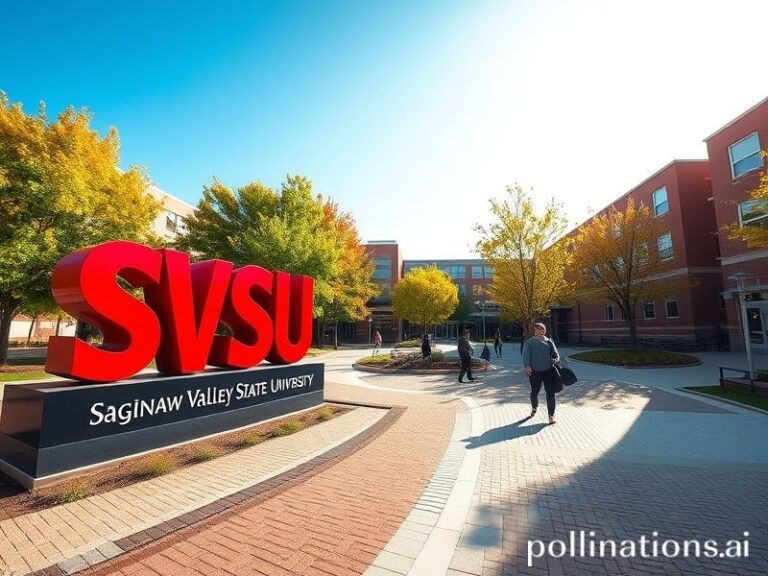Mizzou Football: The World’s Most Diplomatic Disaster in Helmet and Pads
Columbia, Missouri – While the rest of the planet frets over melting ice caps, runaway A.I., and the faint possibility that someone might actually read the iTunes terms of service, a small quadrant of the American Midwest has narrowed its existential dread to a more manageable size: 120 yards of artificial turf and the weekly question of whether Mizzou football can avoid becoming the geopolitical equivalent of Luxembourg on a map of college powerhouses.
To the uninitiated, the University of Missouri’s Tigers look like just another helmeted swarm in a country that has more college football teams than most nations have qualified dentists. Yet to seasoned observers—particularly those watching from time zones where “American football” still sounds like an oxymoron—Mizzou offers a tidy parable for our fractured century. Here is a program that has simultaneously been a national title dark horse, a conference refugee, and a social-justice flashpoint, all without leaving the banks of the not-so-mighty Missouri River. If that isn’t globalization in shoulder pads, what is?
Start with the roster: a Nigerian defensive tackle whose first passport stamp came from Atlanta’s Hartsfield-Jackson, a kicker from Melbourne who grew up on Aussie Rules and Vegemite protein shakes, and a quarterback coach who speaks fluent Snapchat. These young men have been assembled by the same capitalist alchemy that puts Bolivian lithium in your phone and Sri Lankan cinnamon in your latte. The difference? When the supply chain breaks, you get a dead iPhone; when Mizzou’s offensive line breaks, an entire alumni base contemplates early-onset bourbonism.
Conference realignment—the sport’s polite euphemism for billion-dollar musical chairs—has further internationalized the Tigers. Cast out of the Big 12’s dysfunctional family reunion, Mizzou fled to the Southeastern Conference, a move roughly equivalent to Luxembourg applying for ASEAN membership. Overnight, the Tigers traded weekend bus rides to Kansas for chartered flights to Gainesville, exposing their athletes to humidity levels previously experienced only by UN peacekeepers in the Mekong Delta. The cultural exchange has been bracing: Columbia kids now know what “gumbo” is, while LSU fans have learned that “Missouri” is not pronounced “misery”—although the record books often suggest it should be.
Then there’s the 2015 campus protest, when the football team briefly went on strike over racial inequality and—shockingly—administrators discovered that unpaid labor still has leverage. The episode ricocheted across foreign newscasts that normally treat U.S. college sports as anthropological oddities (“And in today’s America, the adolescents in armor have staged a work stoppage”). Overnight, Mizzou became a case study in Brazilian business schools and a cautionary slide deck in German sports-marketing seminars. The message: when even the jocks go rogue, the center cannot hold—especially if the center hasn’t updated its diversity training since the Clinton administration.
On the field, results remain as reliably erratic as the Dow Jones on ayahuasca. The Tigers can beat Florida one week and then lose to a directional Kentucky school whose mascot is an inbred squirrel. This volatility has not dampened international curiosity; if anything, it has enhanced the brand. In Singaporean betting parlors, “Mizzou +3.5” is now shorthand for “anything can happen and probably will, so hedge accordingly.” Meanwhile, Chinese streaming platforms have discovered that nothing hooks viewers like 19-year-olds fumbling away a 24-point lead in HD.
Which brings us to the broader significance. In an era when liberal democracies are backsliding faster than a cornerback on a blown coverage, Mizzou football offers a comforting microcosm: a multiracial, semi-professional spectacle that is simultaneously progressive and exploitative, thrilling and absurd, capable of solidarity and catastrophic mismanagement—often in the same quarter. If you squint hard enough, the Tigers are the United Nations with better uniforms and worse press conferences.
So while COP delegates argue over carbon offsets in air-conditioned tents, and crypto bros mint new apocalypse NFTs, the Tigers will take the field this Saturday, carrying the modest hopes of a middling metropolis and the unspoken knowledge that, in the grand scheme, we’re all just third-and-long. The planet may be on fire, but hey—at least the grass in Faurot Field is still green. For now.







